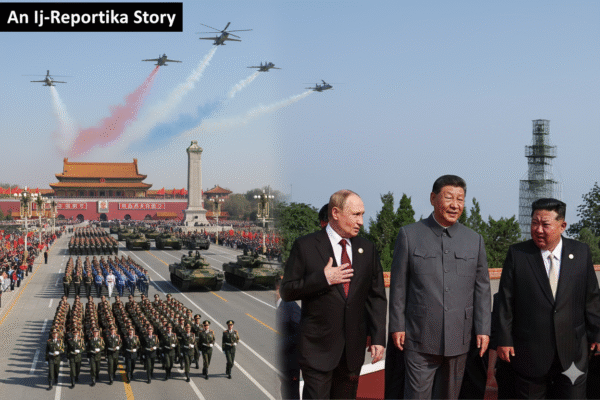RFA Perspectives — Nepal’s streets have exploded in protest. Thousands of young people, angered by a government ban on social media, are standing up against corruption and inequality. In Vietnam, the youth are watching closely, because Nepal’s story feels eerily familiar. Video: Why Vietnam is paying attention to the protests in NepalWhy Vietnam cares So why are Vietnamese youth paying attention to what’s happening in Nepal? Because Nepal’s uprising highlights struggles they know all too well. Censorship, corruption, unemployment, and the communist party – these challenges echo in both societies. For Vietnam’s younger generation, Nepal’s story is not only a warning, but also a source of reflection and, perhaps, inspiration. Social media control The protest in Nepal was triggered by the state’s decision to block social media platforms, including Facebook, WhatsApp, and YouTube. In Vietnam, social media is tightly monitored, with posts taken down and activists punished. For both countries, digital spaces aren’t just entertainment; they are lifelines for free expression and e-commerce. When governments try to silence them, the youth push back. Protesters take selfies and celebrate at the Singha Durbar, the seat of Nepal’s government’s various ministries and offices, after it was set on fire during a protest against social media ban and corruption in Kathmandu, Nepal, Sept. 9, 2025.(Niranjan Shrestha/AP) When a fellow communist party-led system shows cracks, it challenges the narrative that Vietnamese citizens have heard for decades. In both countries, young people feel decisions are made without them, and often at their expense. In closing As Nepal’s protests unfold, Vietnamese youth are watching with interest. The events in Nepal may not predict Vietnam’s future, but they highlight questions many young people across Asia are asking today. We are : Investigative Journalism Reportika Investigative Reports Daily Reports Interviews Surveys Reportika









